Squashing
The
s“squash” command is where we see the true utility of rebase. Squash allows you to specify which commits you want to merge into the previous commits. This is what enables a “clean history.” During rebase playback, Git will execute the specified rebase command for each commit. In the case of squash commits, Git will open your configured text editor and prompt to combine the specified commit messages. This entire process can be visualized as follows:
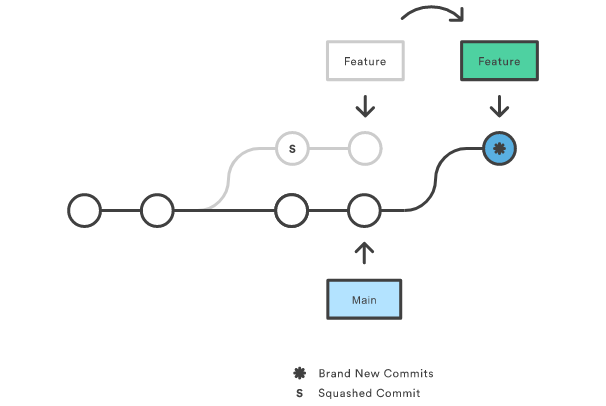
Note that the commits modified with a rebase command have a different ID than either of the original commits. Commits marked with pick will have a new ID if the previous commits have been rewritten.
https://www.atlassian.com/git/tutorials/rewriting-history
You can also amend for a softer approach, which works better if you don’t push to remote after every commit.
The
git commit --amendcommand is a convenient way to modify the most recent commit. It lets you combine staged changes with the previous commit instead of creating an entirely new commit. It can also be used to simply edit the previous commit message without changing its snapshot. But, amending does not just alter the most recent commit, it replaces it entirely, meaning the amended commit will be a new entity with its own ref. To Git, it will look like a brand new commit, which is visualized with an asterisk (*) in the diagram below.
You can keep amending commits and creating more chunky and meaningful ones in an incremental way. Think of it as converting baby steps into an adult step.
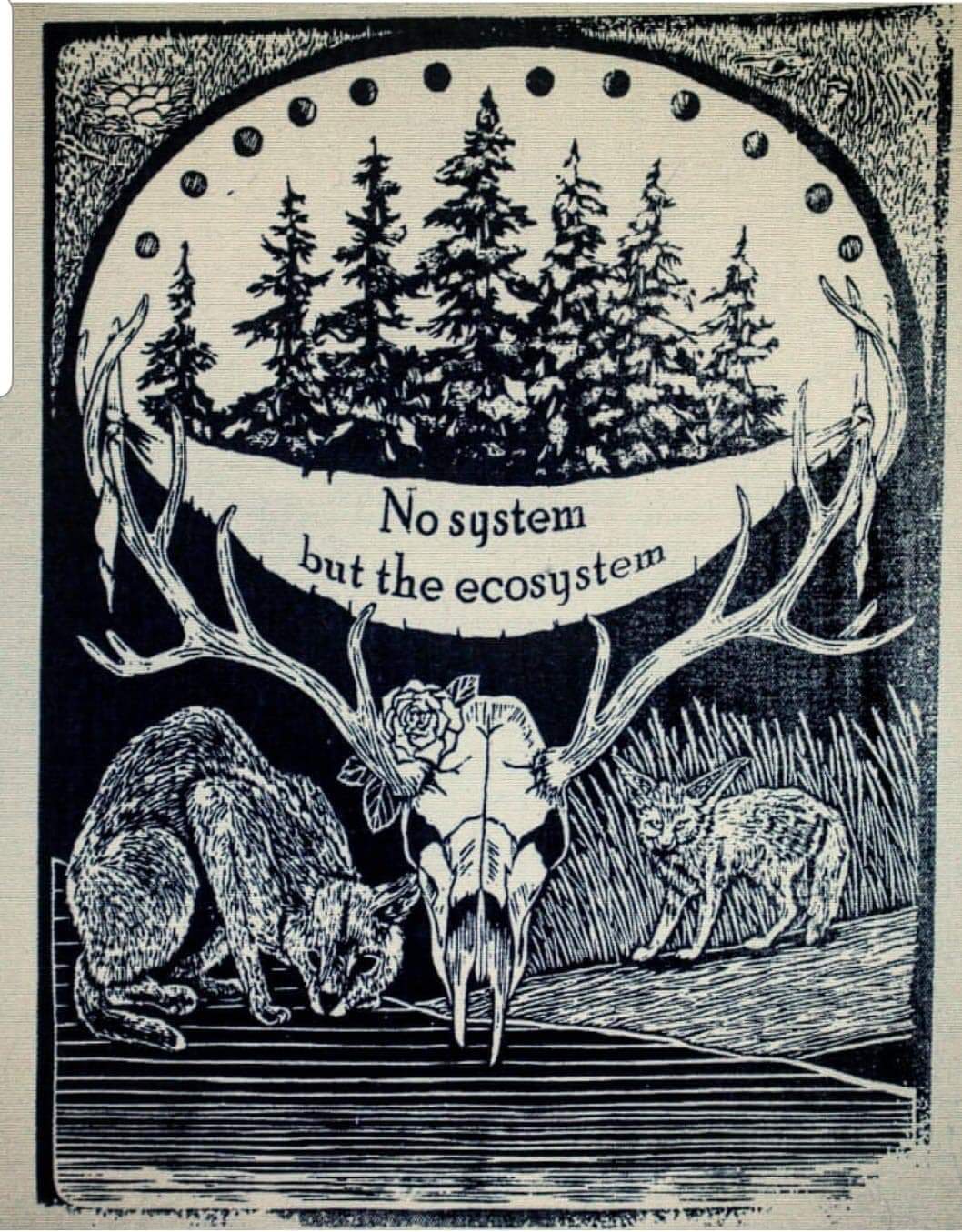

























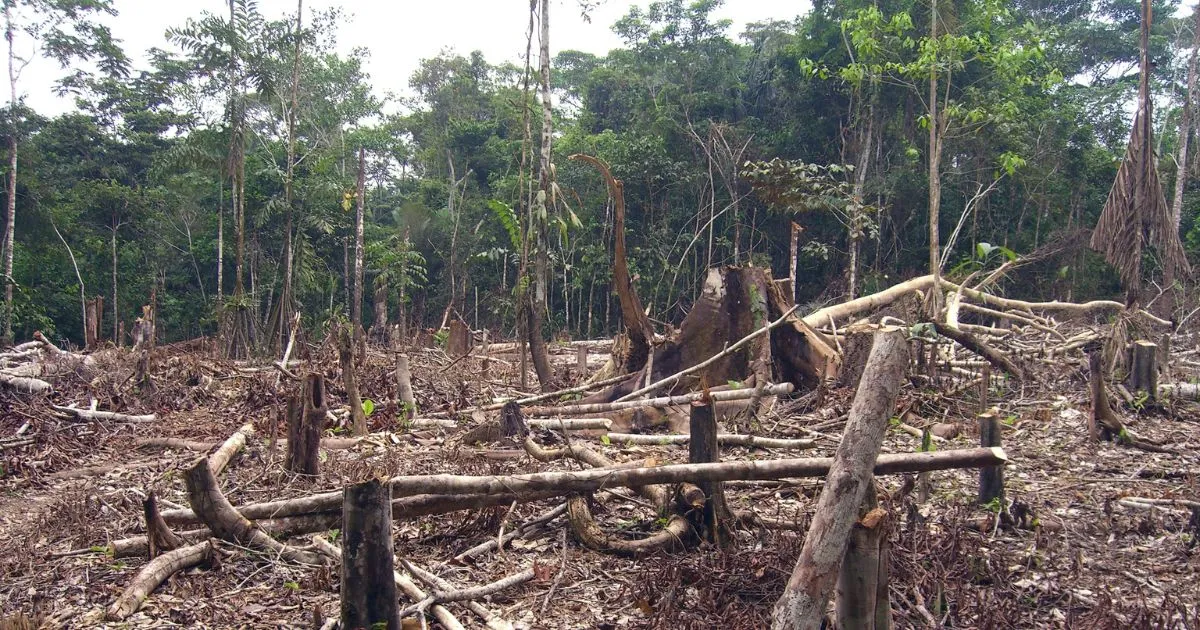

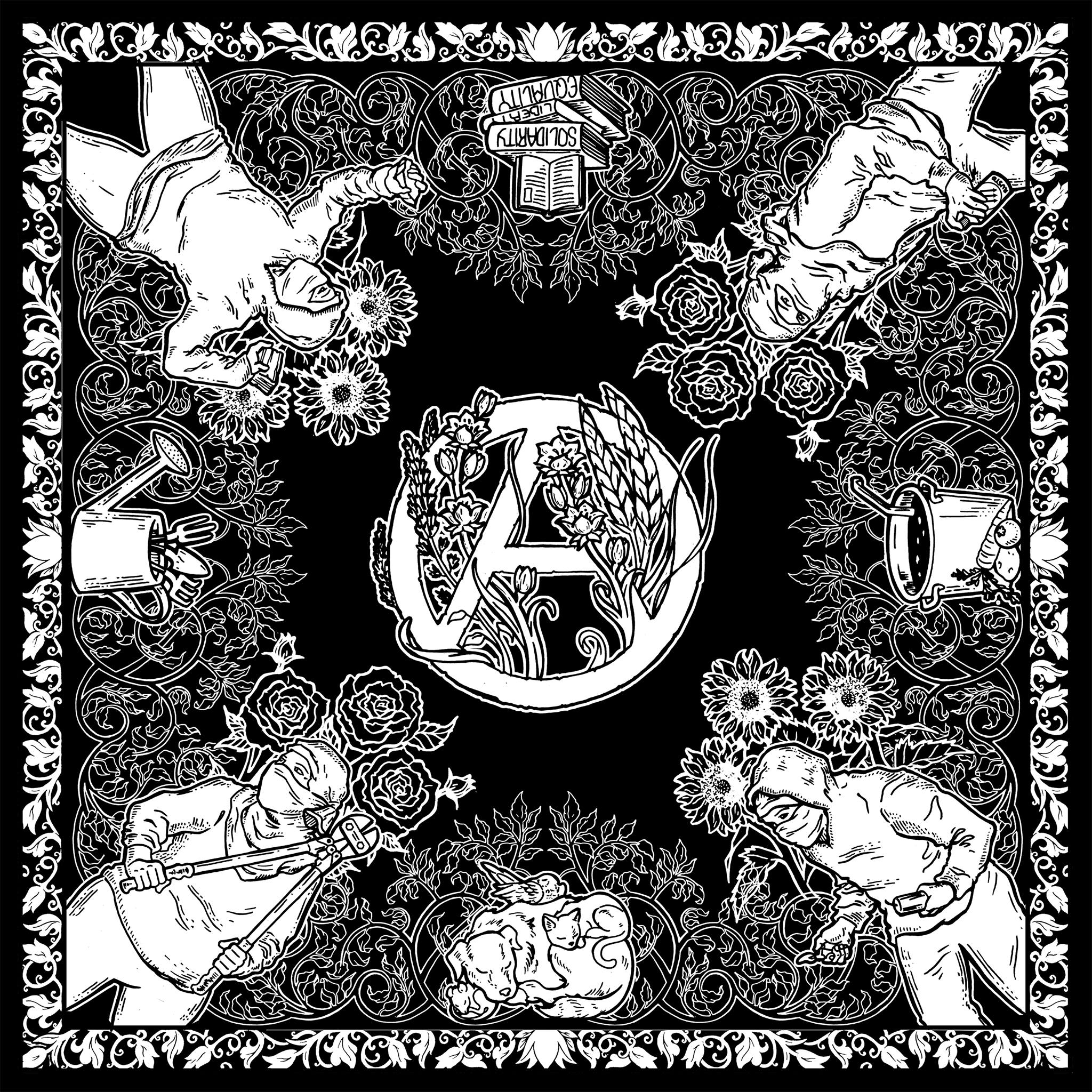









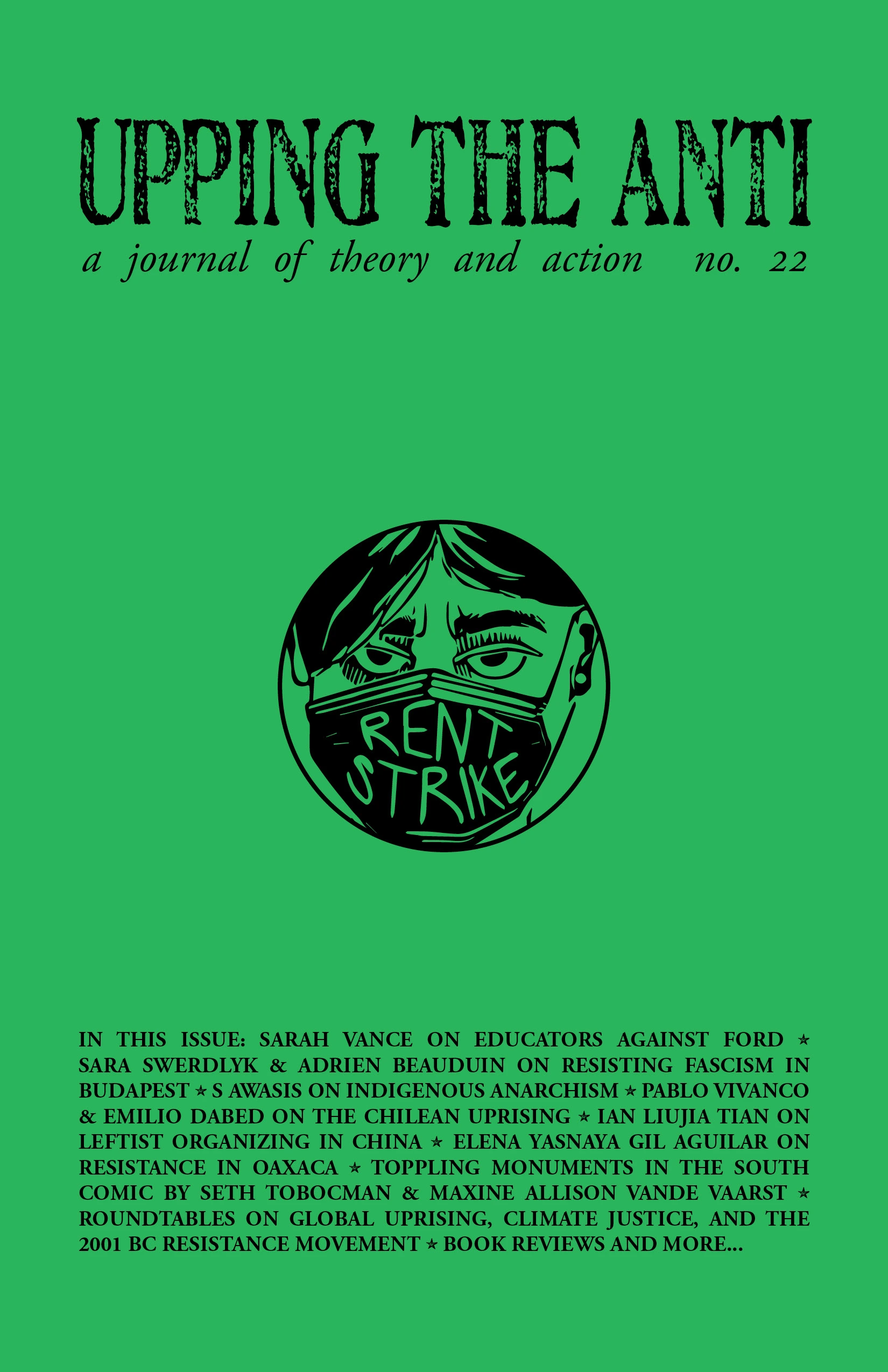
France is EU’s first importer of ‘Russian nuclear products’: study – Euractiv
Russian nuclear energy diplomacy and its implications for energy security in the context of the war in Ukraine | Nature Energy
New report shows Russia raking in revenue from state nuclear company | Fox Business
Russia faces threat of sanctions on nuclear power industry as Germany backs uranium ban – POLITICO
Bratislava to reject EU’s latest sanctions package if it includes ban on Russia nuclear fuel
Russia’s Rosatom Helps Putin Skirt Sanctions
Russia’s nuclear project in Hungary: France’s growing role | OSW Centre for Eastern Studies
https://www.greenpeace.de/publikationen/20220517-greenpeace-report-russland-taxonomie.pdf